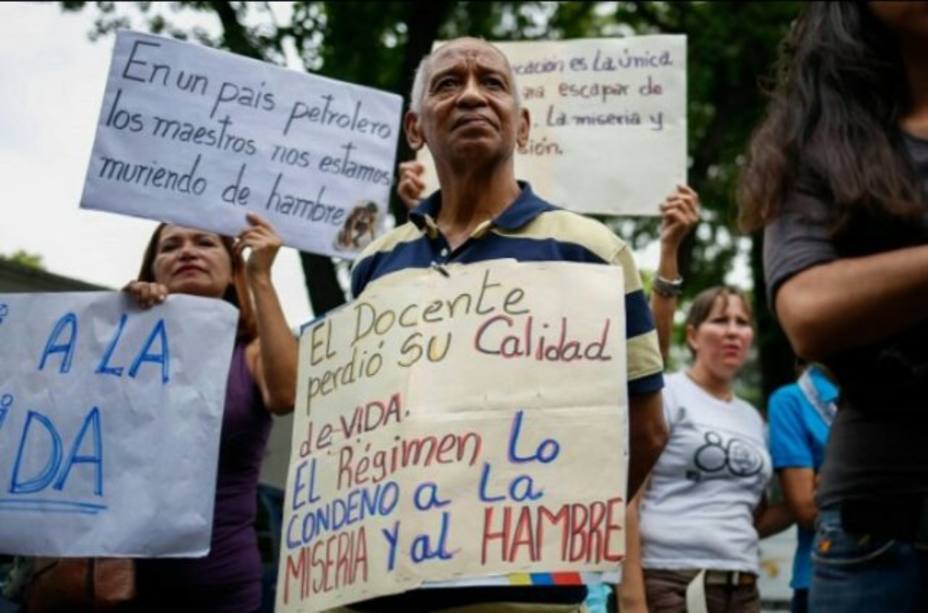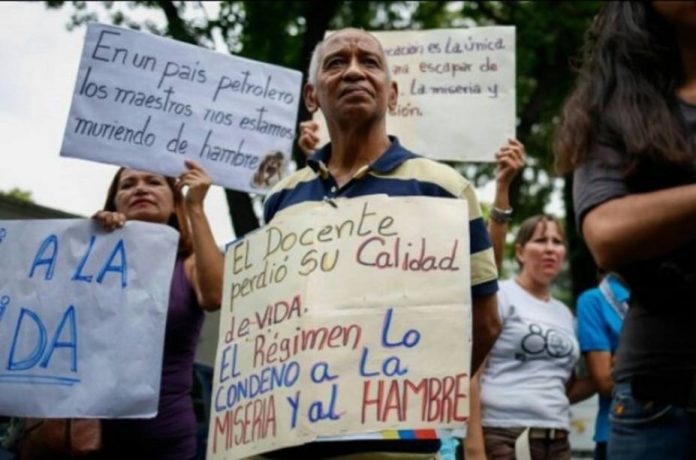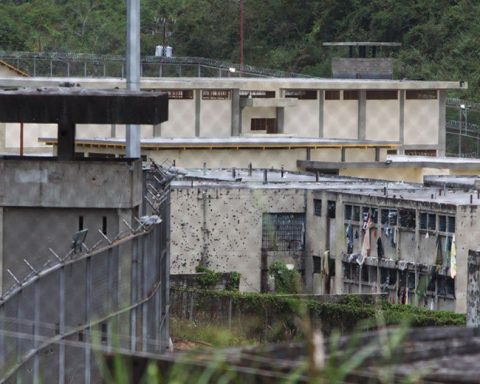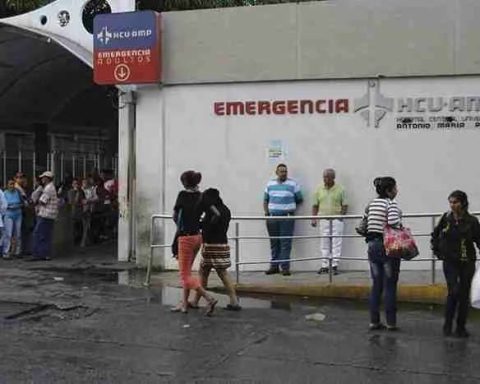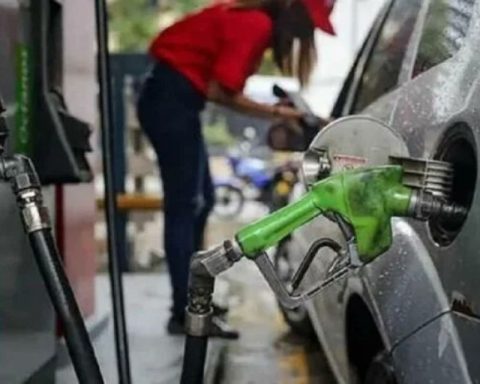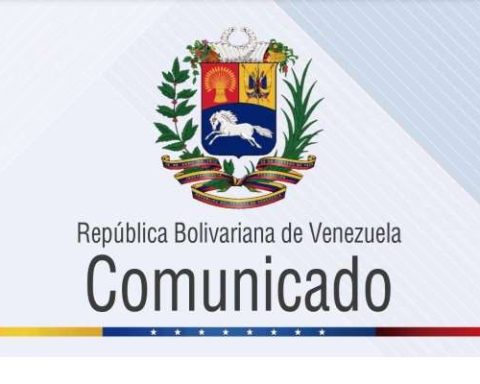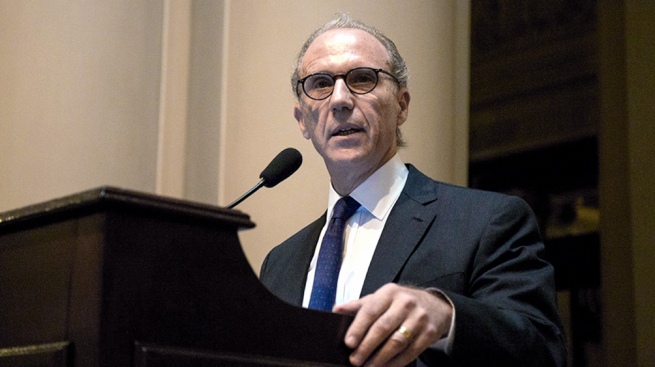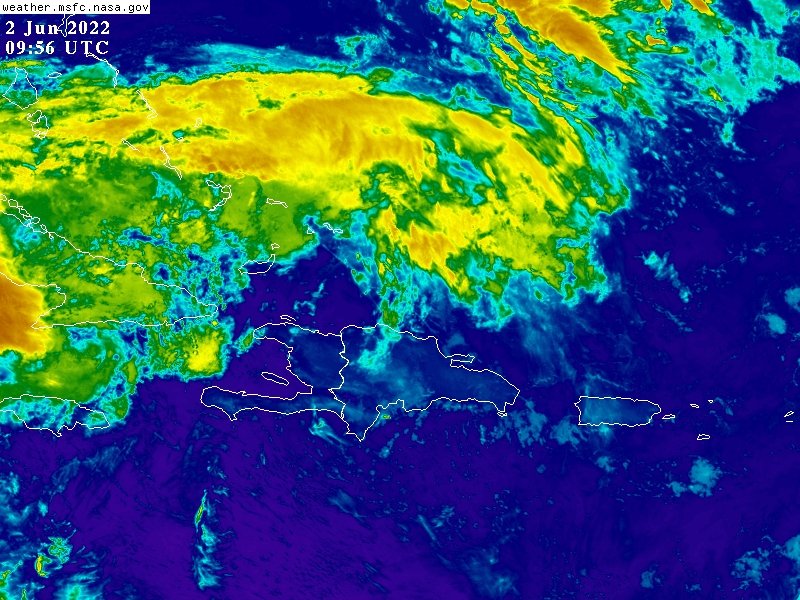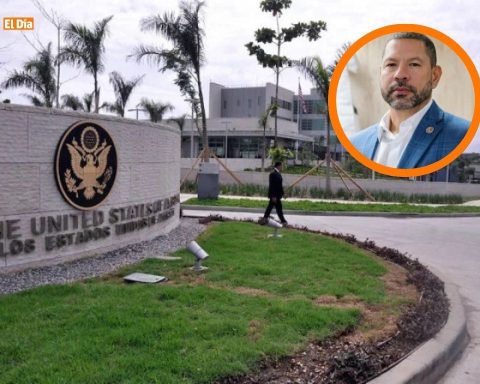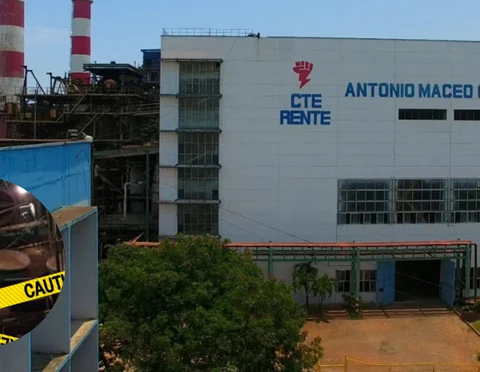A world without a gag assured this Thursday that, despite a slight economic improvement, the humanitarian emergency that the country has suffered since 2017 continued during 2021, the year in which the covid-19 pandemic affected the “acceleration of the pre-existing deficiencies and needs of the population” .
This was said at the presentation of the report “Venezuela in figures”, the lawyer Diego Ponce de León, a member of the legal team of the NGO.
“The complex humanitarian emergency continues in Venezuela. As well as the systematic, generalized and continuous violations of human rights, mainly to life, subsistence; and civil, political, and immigration rights,” she noted.
humanitarian emergency
He added that last year 85% of hospital centers did not have cleaning supplies, biosafety equipment to protect patients, doctors and health personnel against covid-19, or a supply of drinking water.
The councilman of Caracas and member of the Humanitarian Social Observatory Ángel Subero Vásquez referred to the services.
He argued that during 2021 there was a lack of continuous access to water; an increase in poor distribution of gasoline; poor internet connection due to inadequate infrastructure; more than 200,000 electrical failures; and little access to domestic gas.
He indicated that, so far in 2022, 82% of the population has reported power outages. In addition, 89% have some problem with the quality and supply of water and 93% state that they have some problem supplying fuel.
Long distance education
The NGO pointed out that the failures of electricity and internet services were the main factors that complicated virtual education, implemented by the pandemic.
He explained that 6 out of 10 people do not have a mobile and, in addition, the Internet connection of 83% of teachers and students was between fair and poor.
Inflation
On the other hand, the economist Litsay Guerrero assured that, despite the slowdown in prices in 2021, the “inflation problem has not been resolved.”
“We hope that in 2022 we will have inflation that will continue to be high. Some estimates place it below 200%. And other international organizations, such as the International Monetary Fund (IMF), estimate that we may be closing with a figure around 500% », he said.
He added that inequality in the country remains and that many people do not have access to the benefits that the economic growth registered since 2021 has brought.
